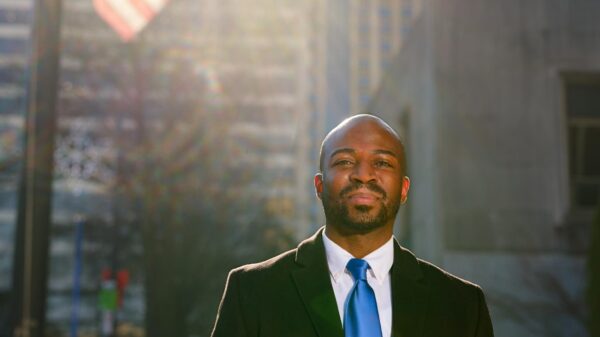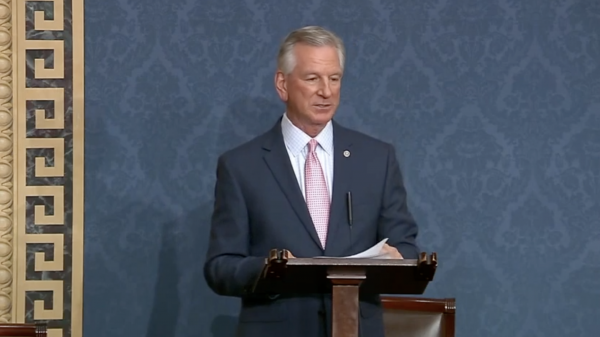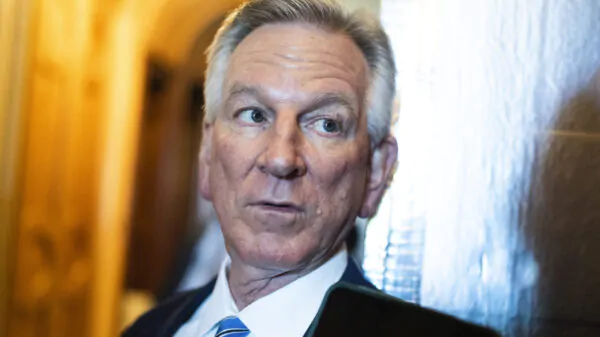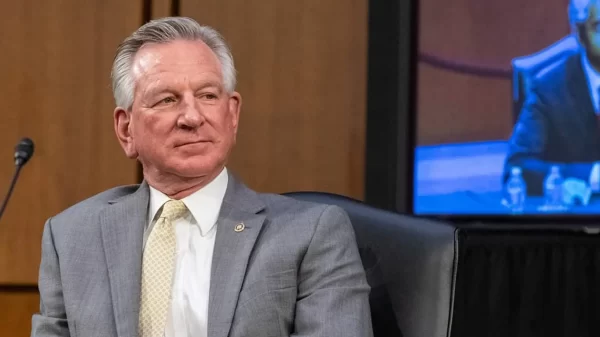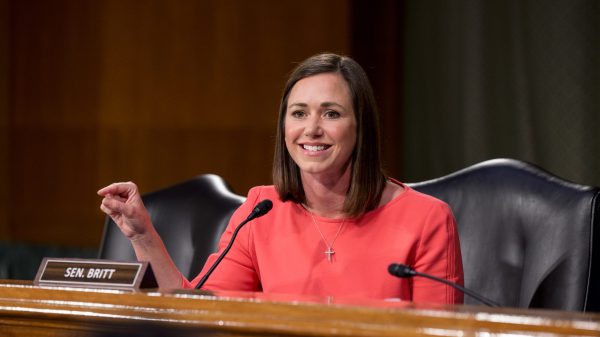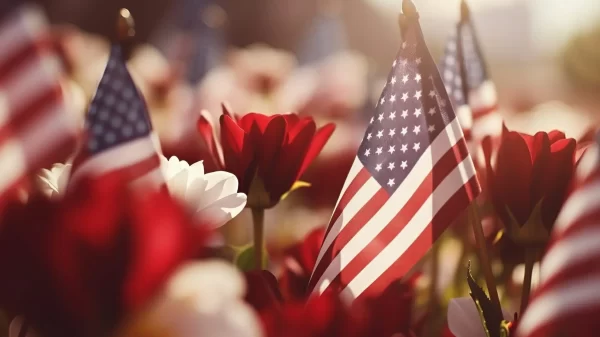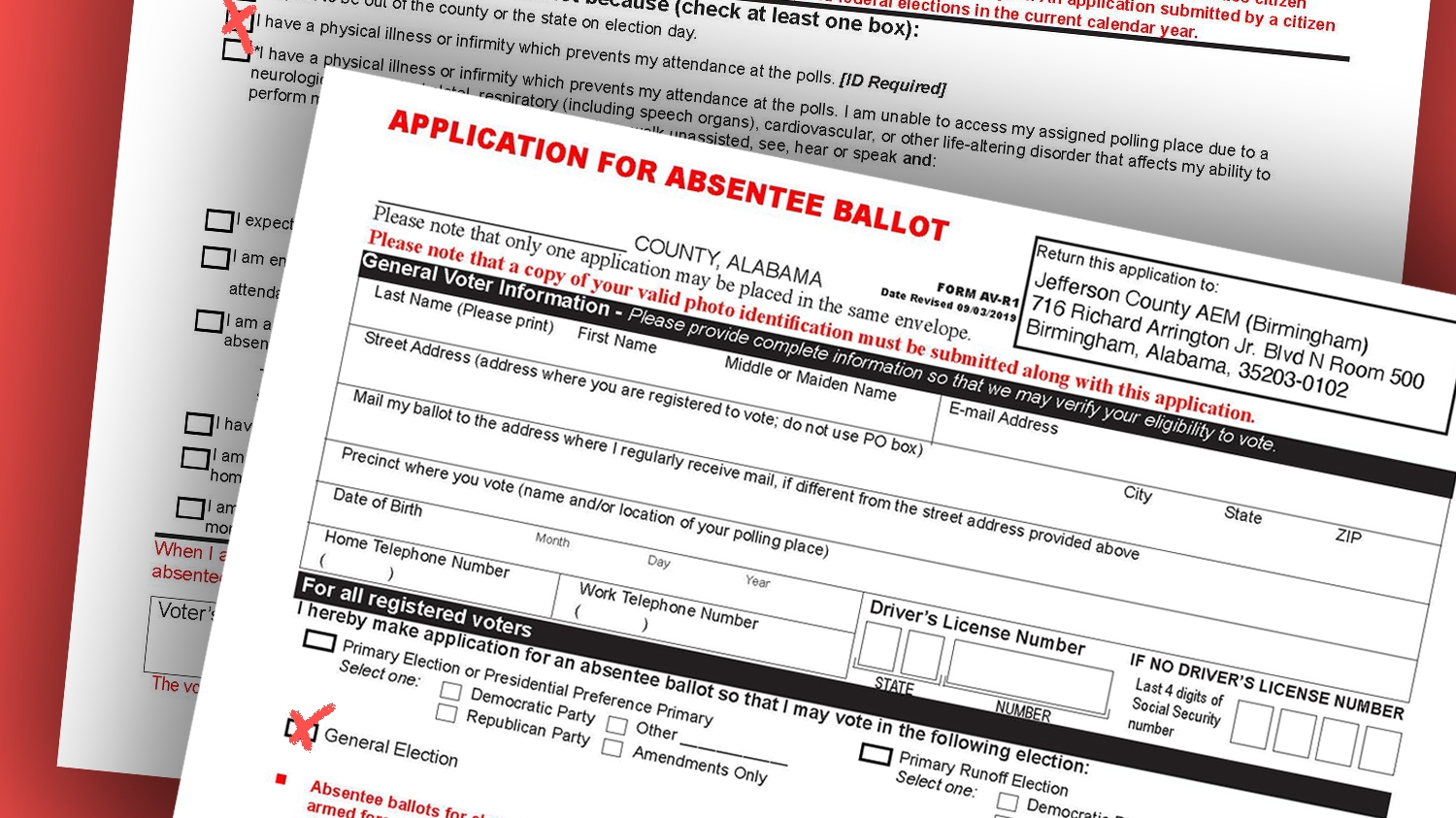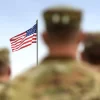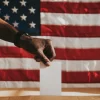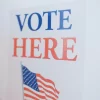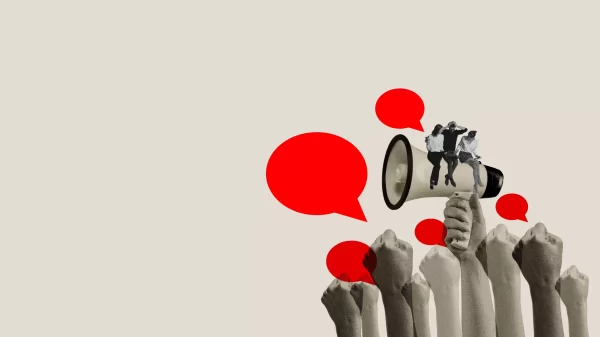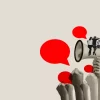On Tuesday, the Alabama Senate approved a bill that would criminalize certain forms of assistance during the absentee ballot voting process. The bill will now move to Gov. Kay Ivey’s desk to be signed into law.
The legislation, SB1, passed along party lines on a 24-5 vote. Bill sponsor Garlan Gudger, R-Cullman, has said the reasoning for the legislation is to prevent ballot harvesting and ensure election integrity. However, Democrats have argued the bill is a voter suppression tactic that is based on minute or zero evidence.
The legislation makes it a Class C felony for a third party to knowingly receive a payment or gift for distributing, ordering, requesting, collecting, completing, prefilling, obtaining or delivering a voter’s absentee ballot application.
Also, the bill provides that an individual will face a Class B felony if they knowingly pay or provide a gift to a third party to distribute, order, request, collect, prefill, complete, obtain, or deliver a voter’s absentee ballot application.
Jerome Dees, Alabama policy director for the SPLC Action Fund said the bill was one of the most egregious voter restriction bills since the Civil Rights era.
“Weeks after memorializing the brave Alabamians who were viciously assaulted while marching to guarantee the foundational right to vote, the Alabama Legislature has passed one of the most egregious voter restriction bills since the Civil Rights era,” Dees said. “This cruel legislation aims to criminalize the charitable acts of good Samaritans across the state, whether from neighbors, church members, nursing home staffers, or prison chaplains.”
Senate Minority Leader Bobby Singleton, D-Greensboro, said the bill was merely “voter suppression” and that the issue of ballot harvesting was non-existent.
The bill makes concessions for individuals with a disability or those experiencing a medical emergency if they need assistance. However, while Republicans will argue this is a step to protect against voter fraud Democrats and voter advocacy organizations argue it will scare people from voting absentee.

